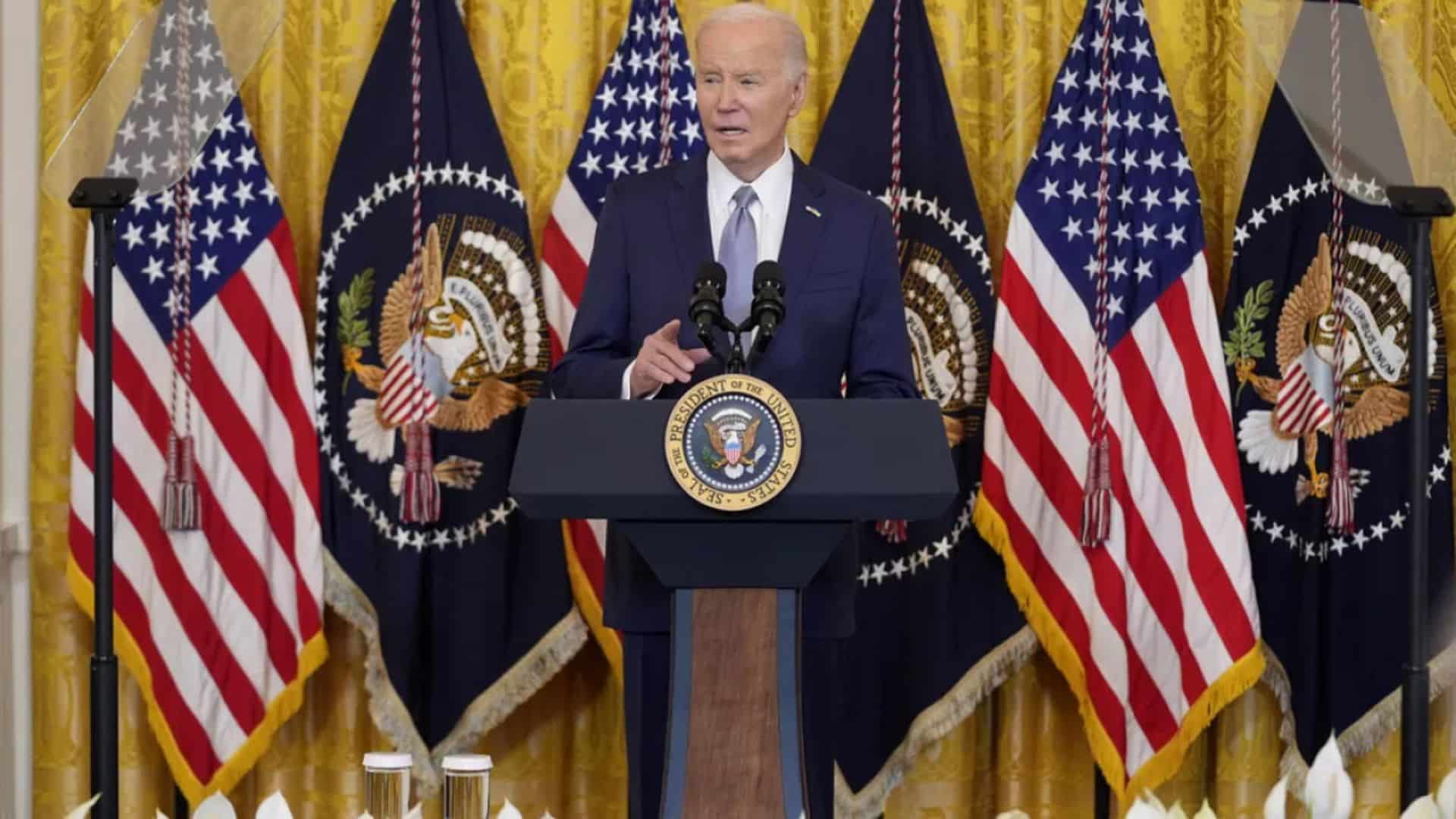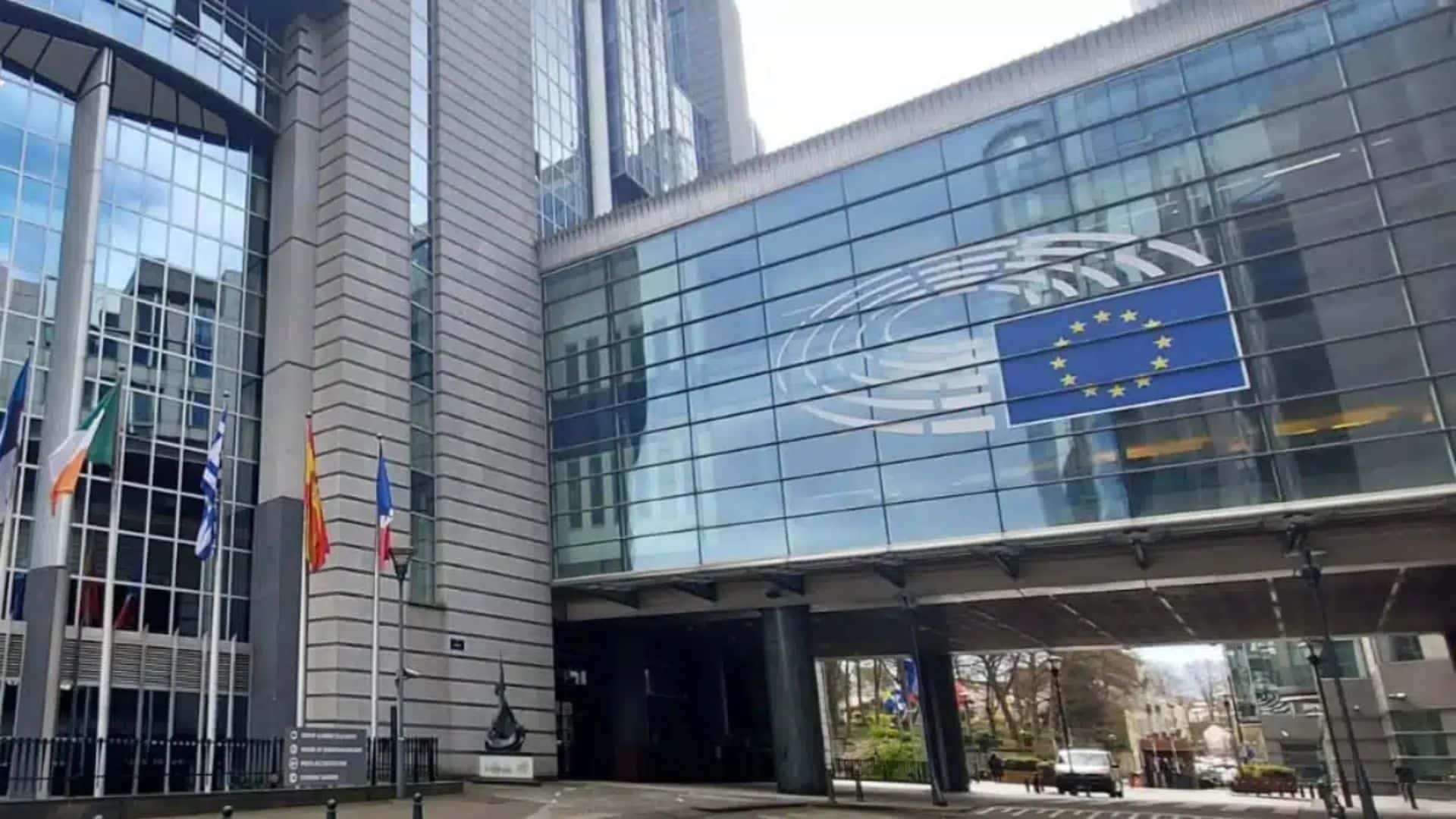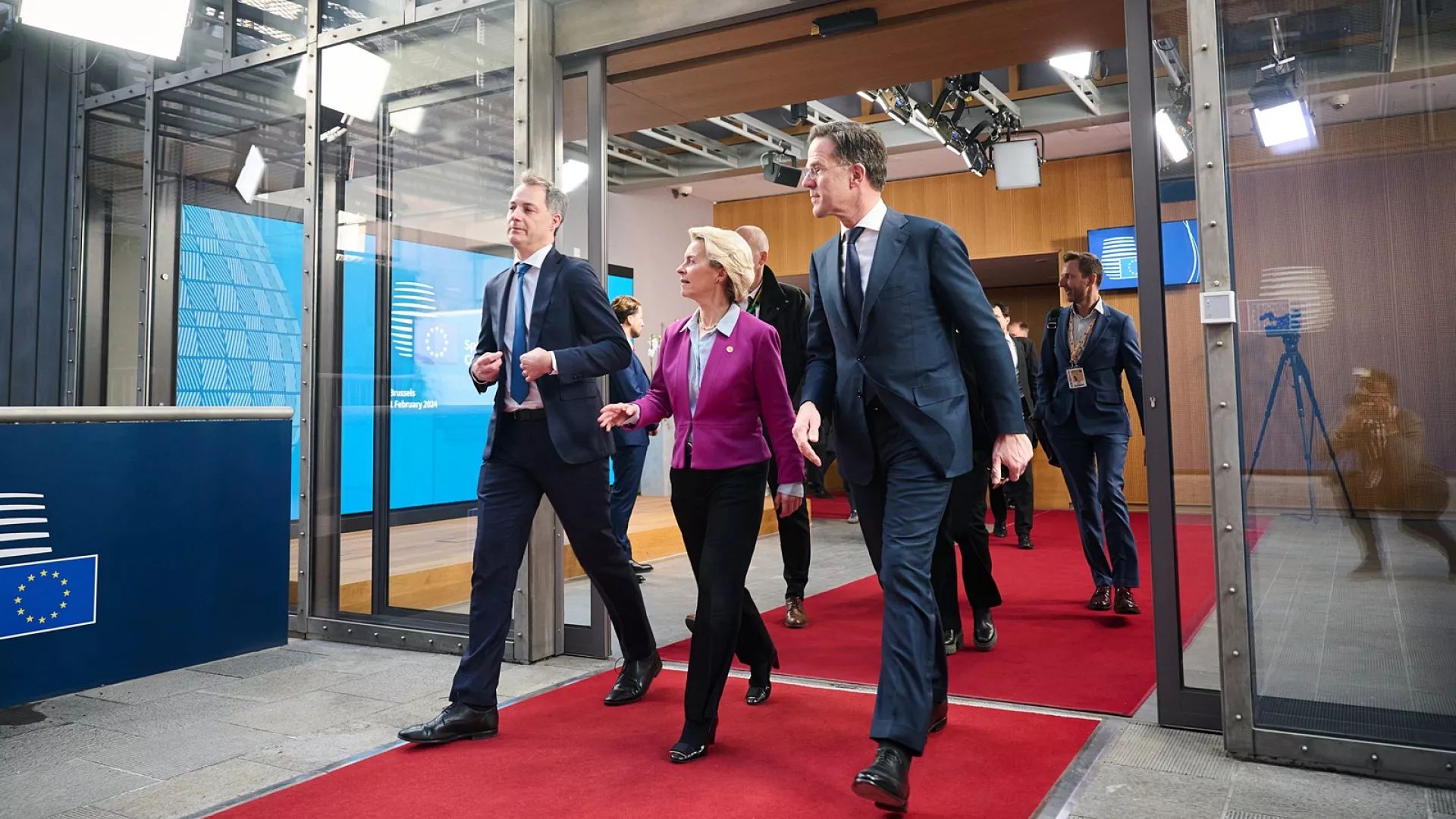
Cox Energy takes over Abengoa, leaving out Acciona and Urbas
The third section of the 3rd Commercial Court of Seville has awarded the assets and liabilities of Abengoa’s companies in insolvency proceedings to the Spanish company Cox Energy, ruling out other bids, such as those of Urbas and the Portuguese company RCP. This is the culmination of a process that began on 24 November 2015 when Abengoa announced that it was applying for pre-insolvency proceedings, following the failure to raise the capital necessary to continue operating. The company’s shareholders have lost everything, except for the “relative” of Josep Borrell, the current European Union foreign minister and former socialist minister, who was fined by the CNMV for selling shares using privileged information before the bankruptcy of the Sevillian company.
In an order dated Tuesday, the judge values Cox Energy’s commitment and willingness to provide liquidity in the course of the process for the award of the assets in bankruptcy, as well as the fact that it does not attach conditions to the intra-group credits, and affirms that its offer “is the most favourable to the interest of the bankruptcies”.
This decision puts an end to a process that began when the Solvency Fund, which manages the Sociedad Estatal de Participaciones Industriales (Sepi), ruled out granting Abengoa the aid it requested, with the result that the parent company, Abengoa SA, went into liquidation, while some thirty companies were put into insolvency proceedings in which other companies could bid for them or for the whole.
Cox Energy’s bid, which it improved, included 3 million euros to acquire the production unit, in addition to providing up to 15 million – of which it has already paid 2.5 million as interim financing and deposited 5.5 million – while at the same time committing to maintain the activity and employment of the production unit, with a workforce of 9,505 workers.
The order also states that Cox Energy also contributes business, which, although it is not Abengoa’s main business, is complementary, and that it has “relevant and solvent shareholders” who have signed a financing line of 50 million, 20 million of which have already been contributed.
Cox Energy, a company focused on the renewables business, also assumes the litigation of the insolvent companies, with the commitment to pay 50 % of the recovery to the insolvency proceedings, 30 % to the privileged creditors and 20 % to the insolvency proceedings.
It also assumes claims against the insolvency estate for a minimum of EUR 8 million (EUR 5 million for interim financing, of which it has contributed EUR 2,5 million, and EUR 3 million of the 20 % of the amounts received from the litigation assumed) and undertakes to pay EUR 50 million of claims from projects and concessions under implementation.
The perimeter of what has been awarded includes a project by Abengoa Inovación for Navantia, which requires authorisation and its transfer is subject to its concession.
URBAS, THE WORKERS’ PREFERRED BID
The offer from Urbas, a company in the real estate sector, whose offer was preferred by the workers, included the payment of 2.92 million euros, with the possibility of an increase of up to 500,000 euros in the event of a favourable resolution of a lawsuit by a company.
Urbas undertook to maintain the activity and total employment (11,354 workers, of which 2,572 depend on the resolution of the aforementioned lawsuit).
The judge cited among the reasons for not choosing Urbas’s offer that its solvency ratio is good for the real estate sector, but not for the assets it was intended to acquire, and that the guarantees it claims to have for the activity of Abengoa’s companies are those it has for its own.
As for the offer of RCP, which presented three bids, one of which it improved, it offered a price of 35 million (20 % for credits against the insolvency estate), included the maintenance of all the activity and employment, and had the support of the private fund Sinclair.
The judge pointed out that it was the most attractive offer, but it lacked information and specifics on the business plan, the way to implement the acquisition, the financing and the business to be contributed, and its solution for intra-group credits was not viable, as it made it a condition that the group companies waived them.
Another offer, that of Nox Engineering/Terramar, undertook to contribute 5 million euros, distributed among the different companies, and undertook to maintain 7,400 jobs.
The court order indicates that this offer did not explain what was envisaged with regard to the financial creditors providing guarantees for projects in execution, necessary for the maintenance of the activity, as well as the capacity to obtain new guarantees, and to request the waiver of the companies’ intra-group credits.
In the case of Ultramar Energy’s offer of EUR 20 million and the maintenance of 5 066 jobs, it was not improved and, moreover, Siemens Energy, whose support it had received, withdrew.
In addition to the aforementioned global bids, other individual bids were also submitted for some production units: Abengoa Agua and Abengoa Water International, a foreign subsidiary; Inabensa France, and Bioenergía Brasil.
The bids were submitted by Acciona Agua, IV3 Aqua Corporatión, Voltan Technical Services, Elecnor Servicios y Proyectos, and two individuals.
Some of the bids offered higher amounts than the global ones, but the judge does not see that this is comparable with what these last ones represent for the maintenance of the activity and employment, so he considers that none of them is “the most favourable to the interest of the tenders as a whole”.












